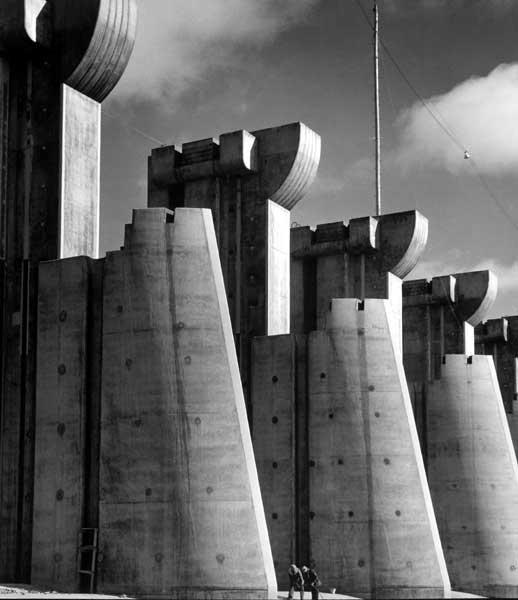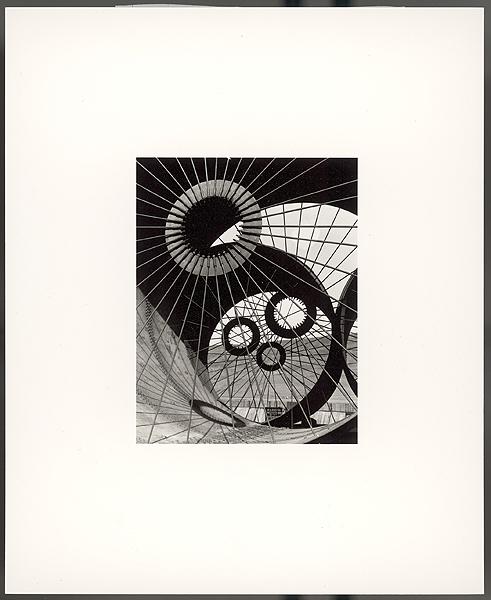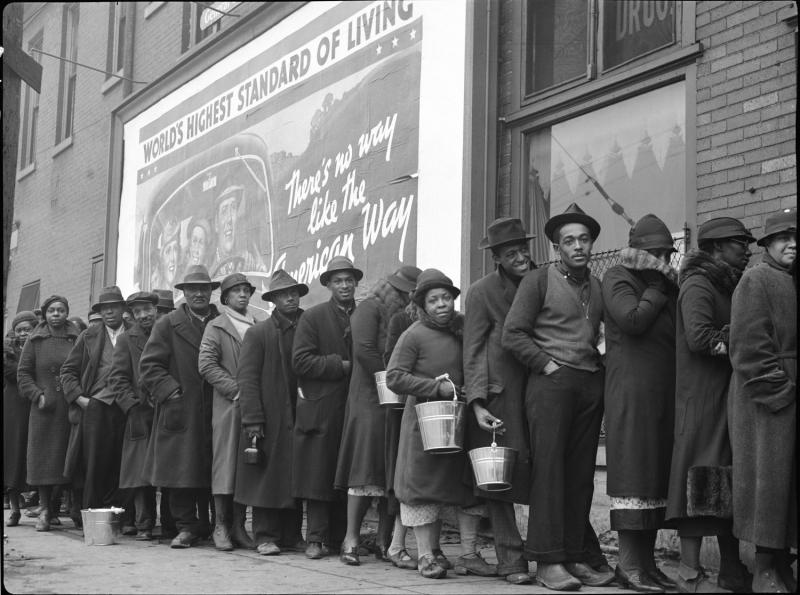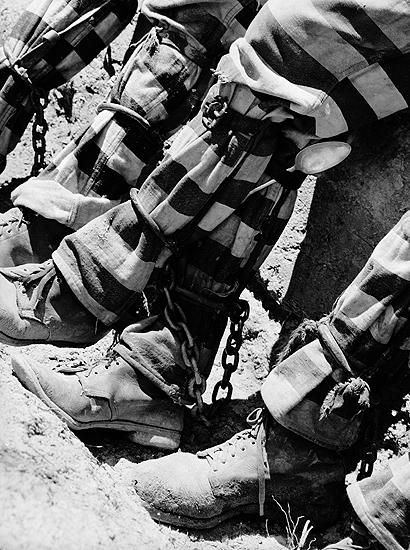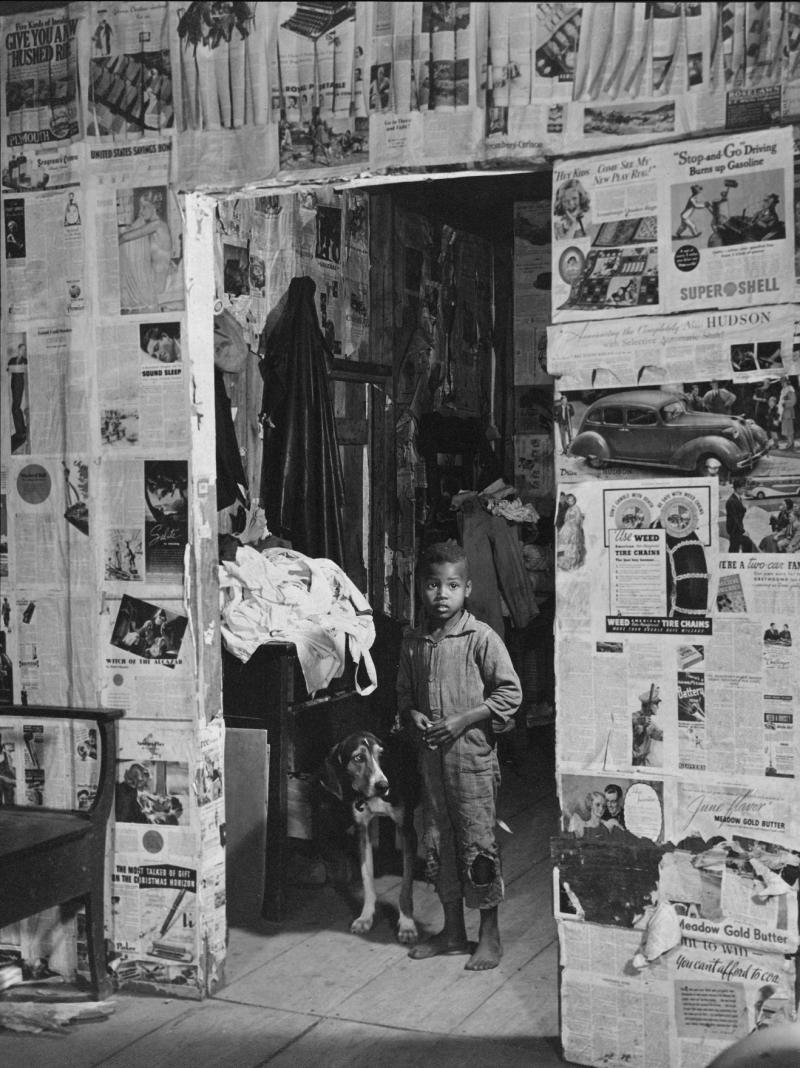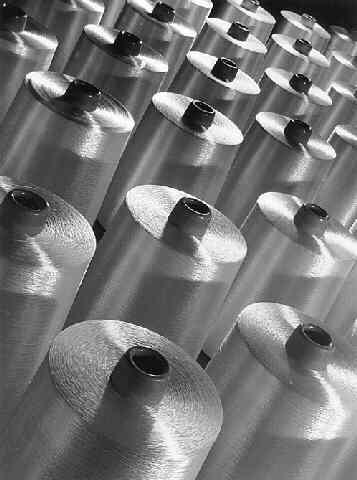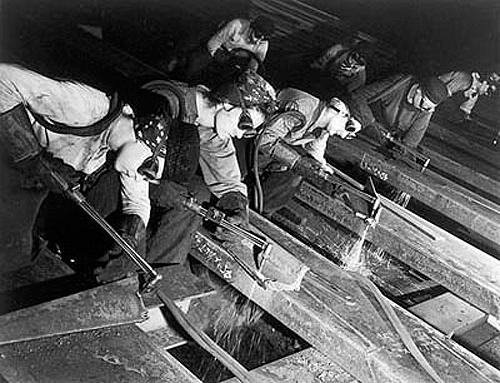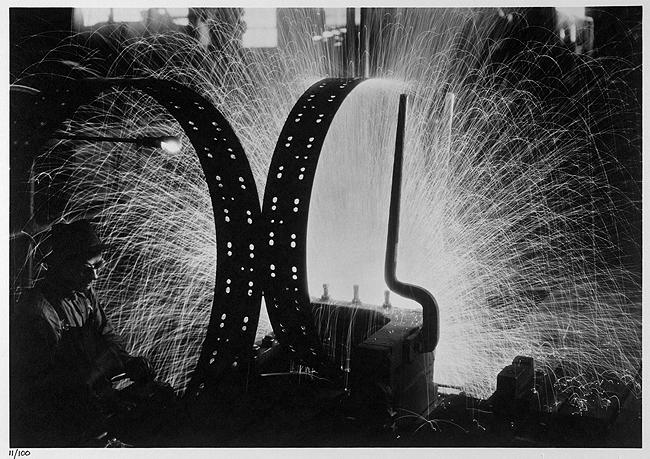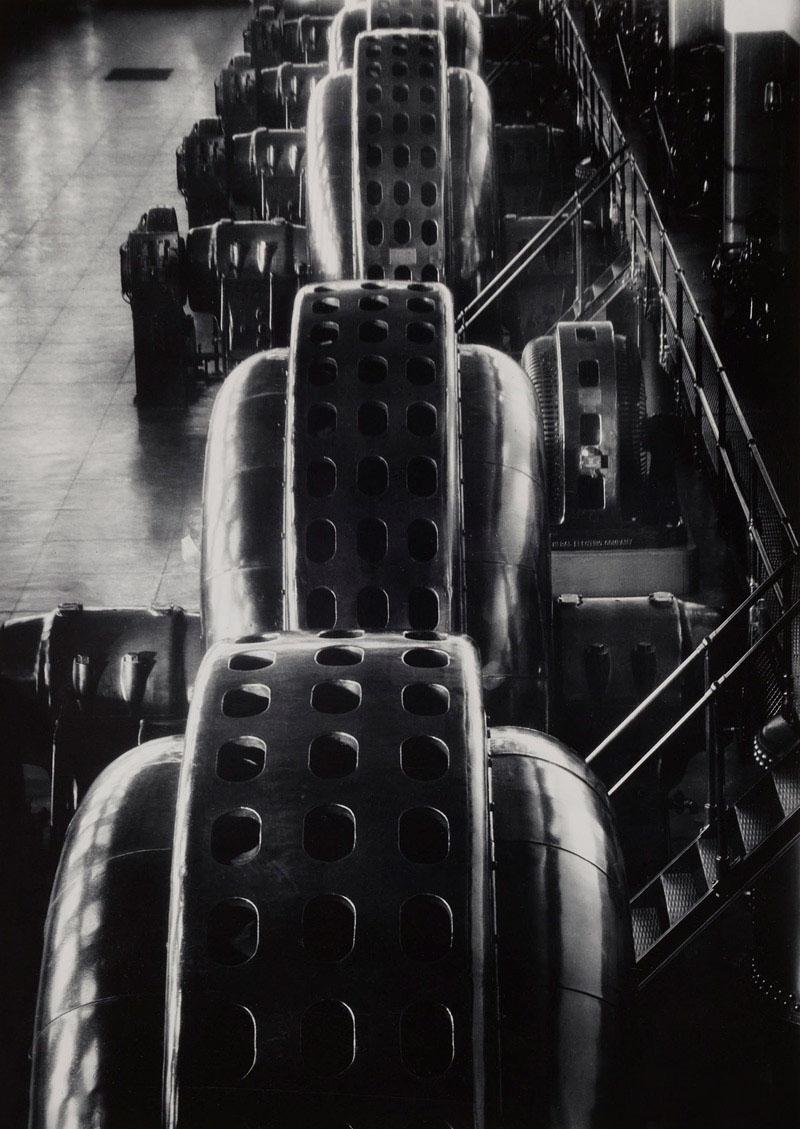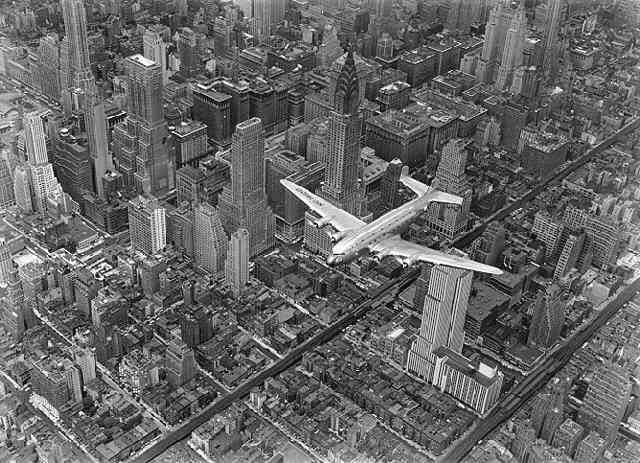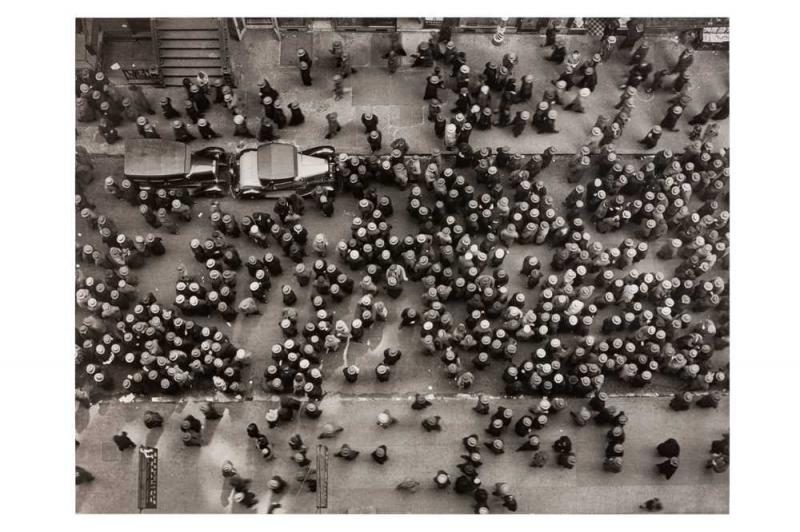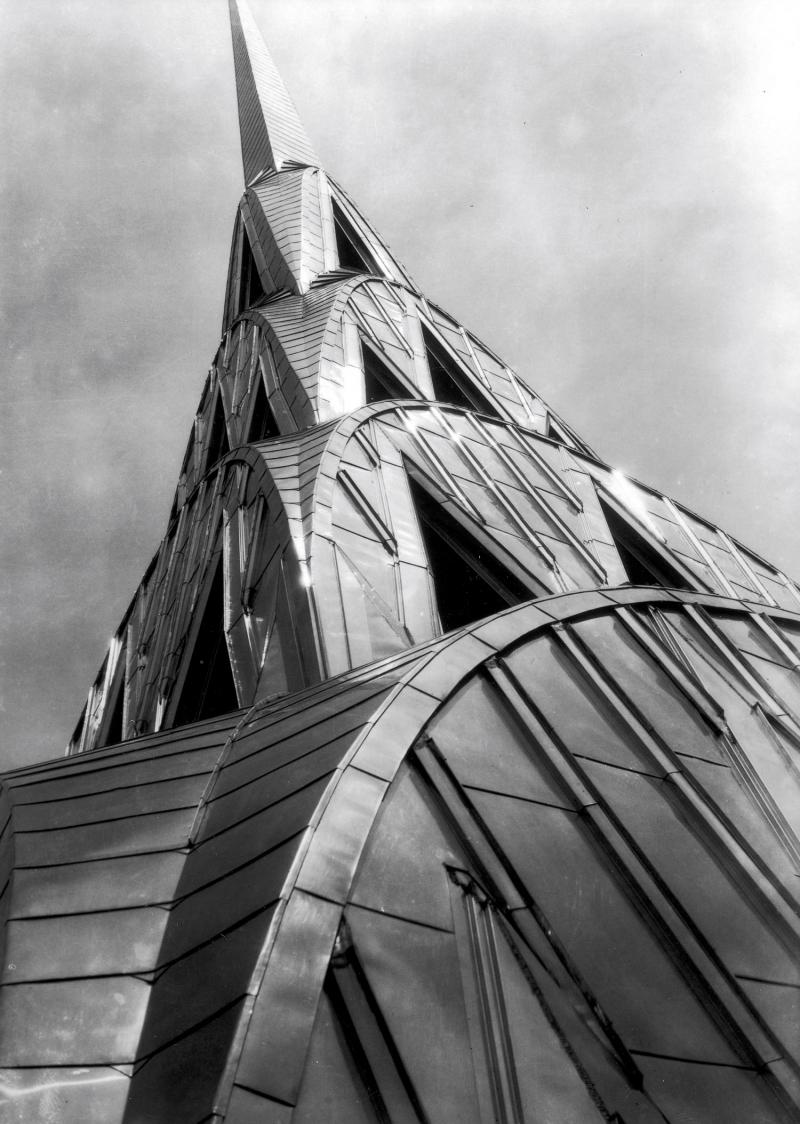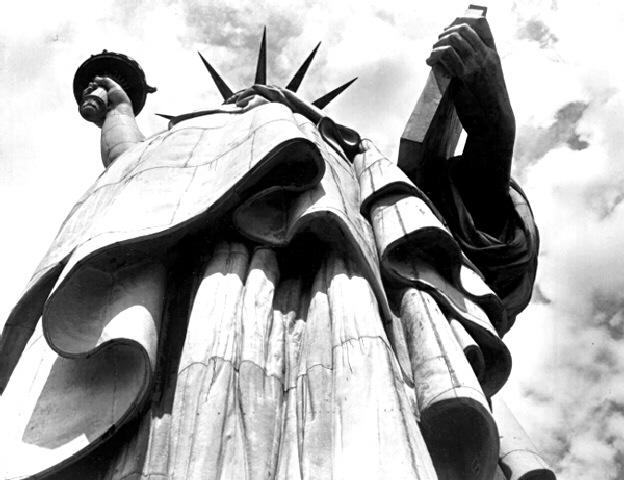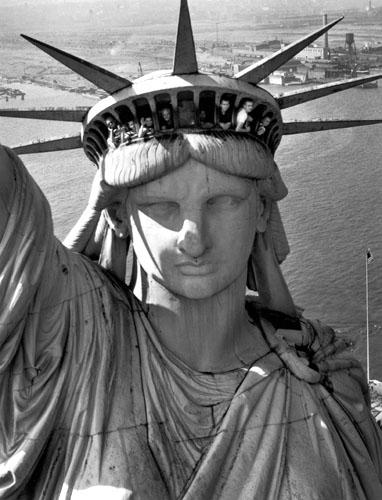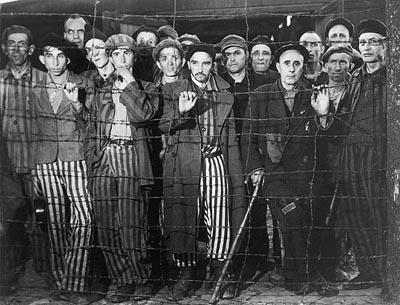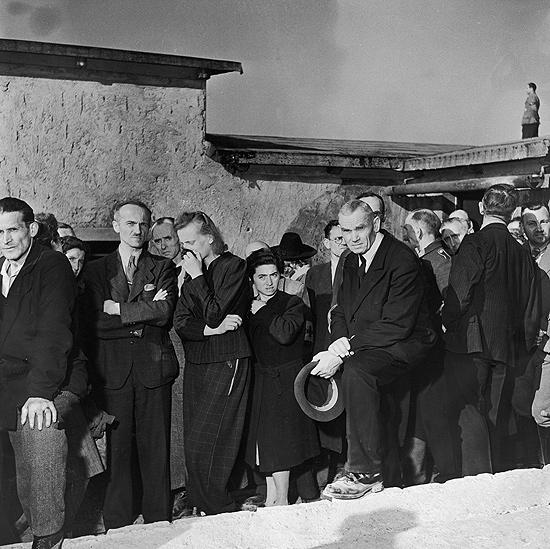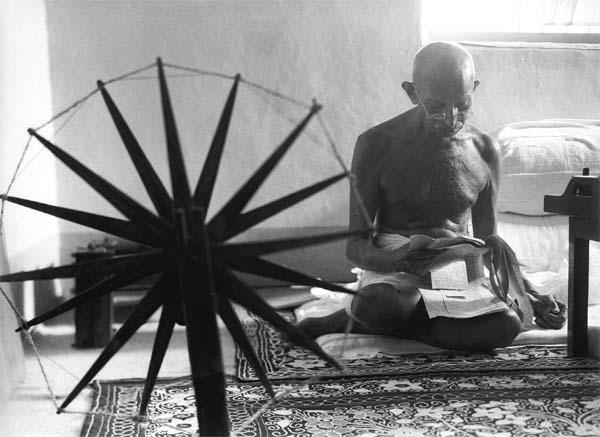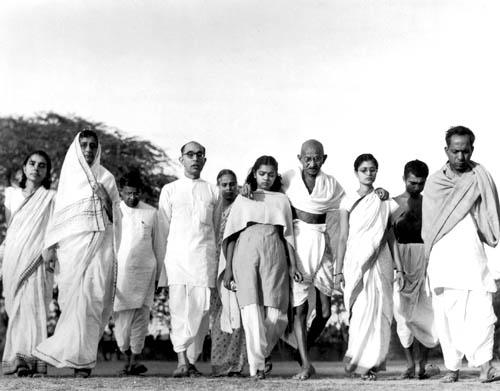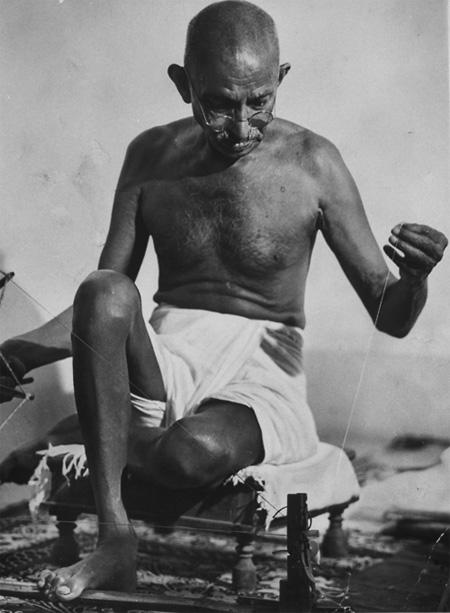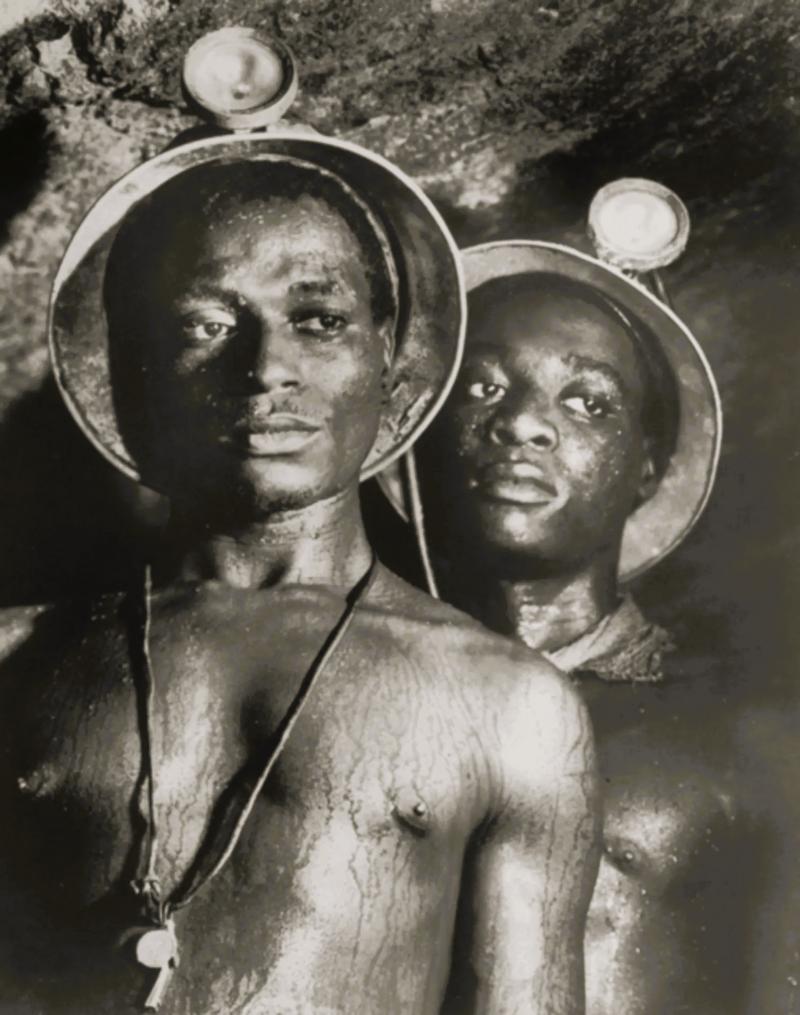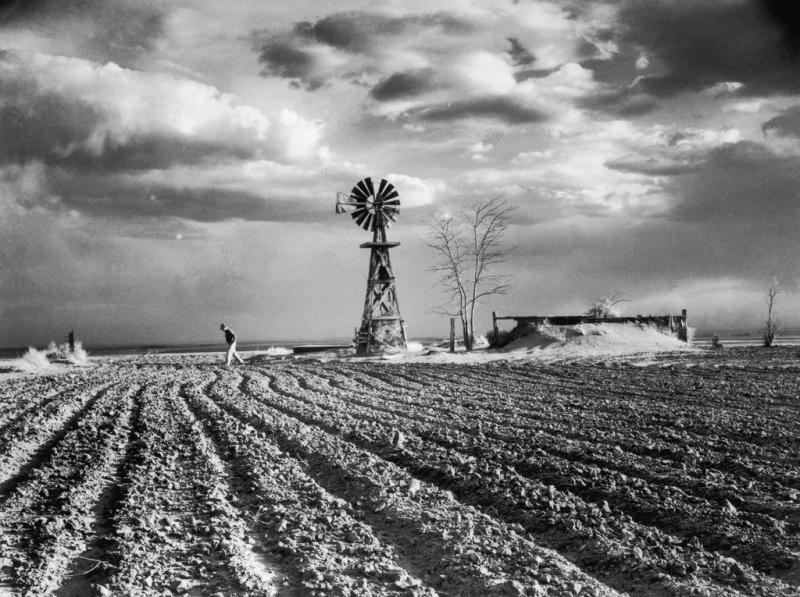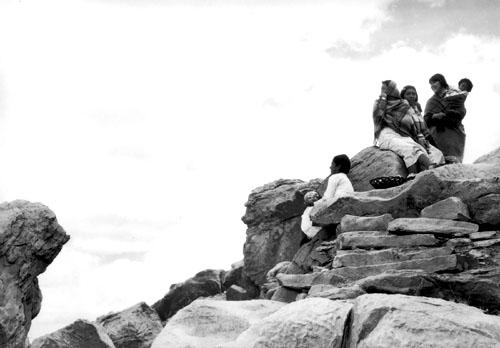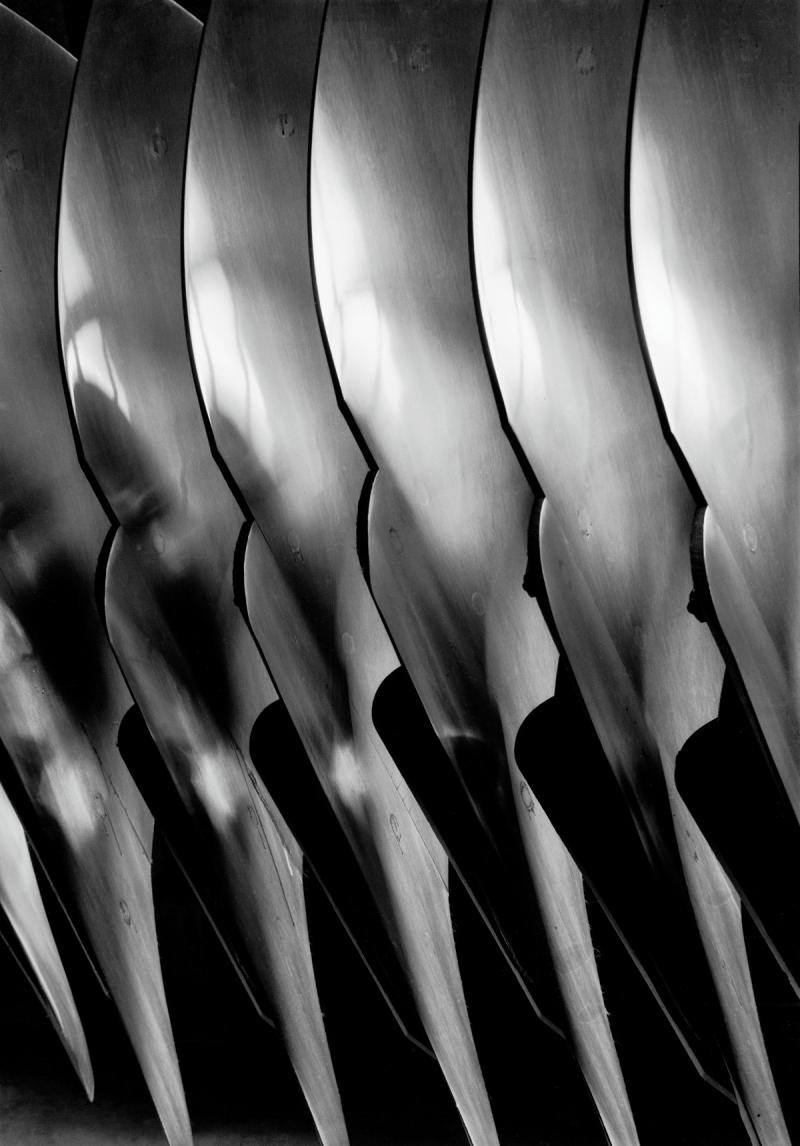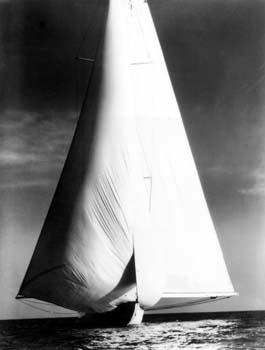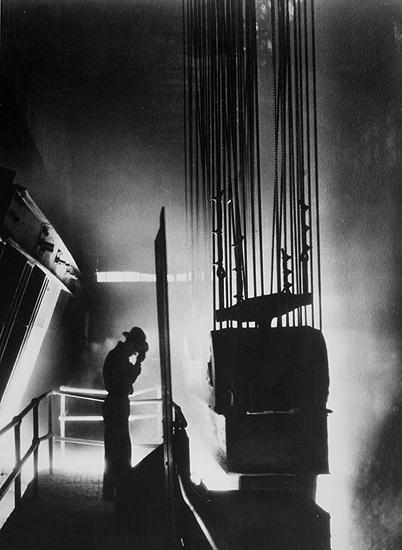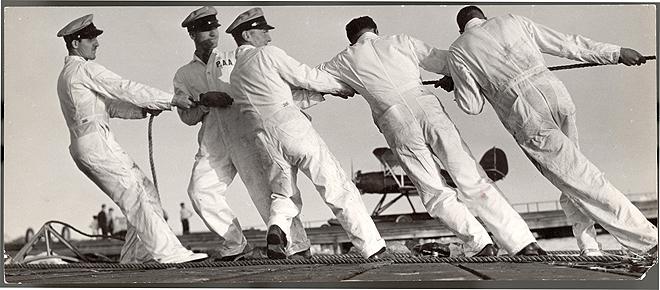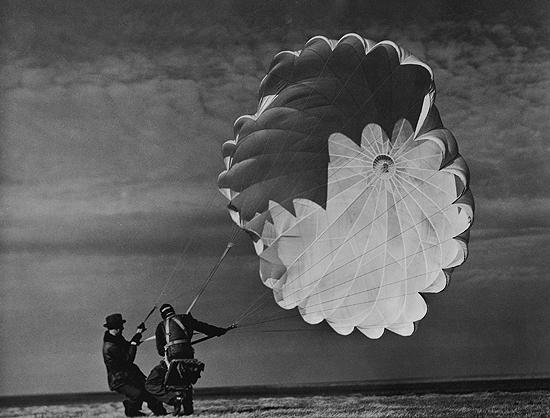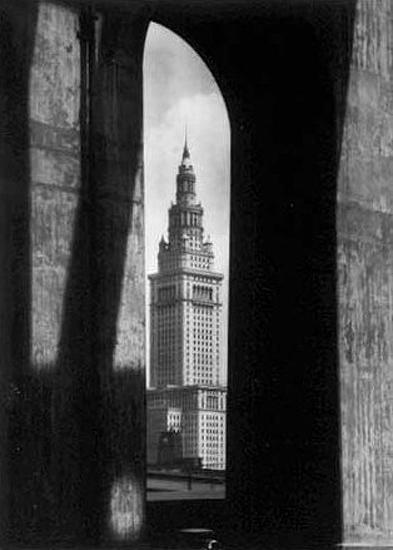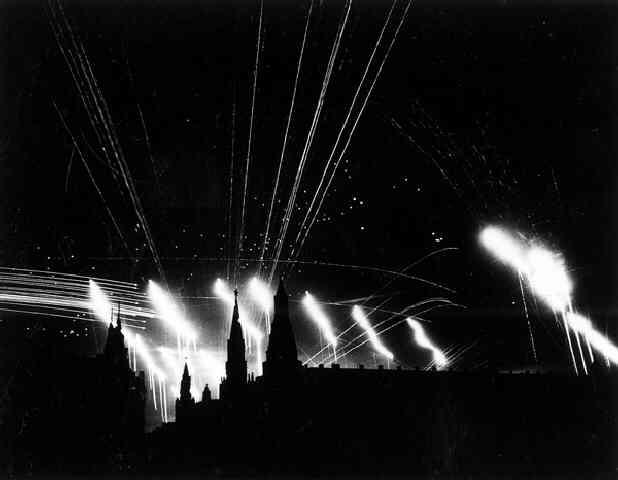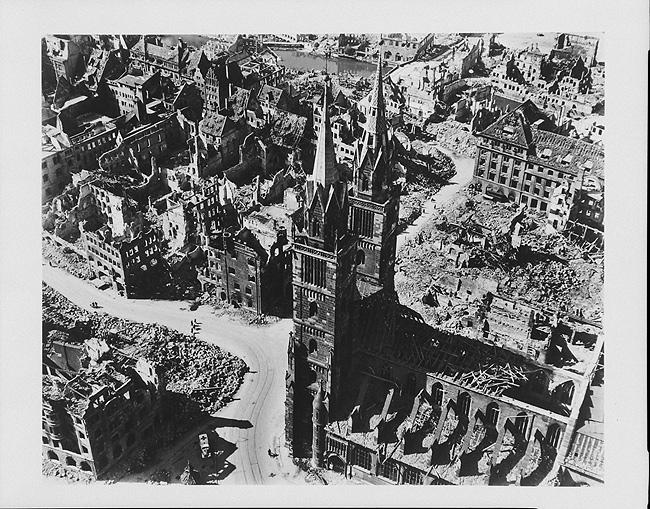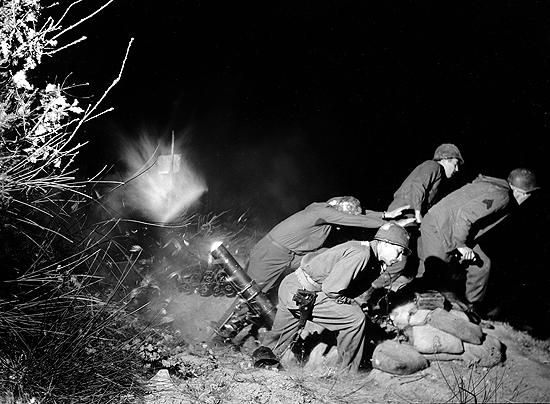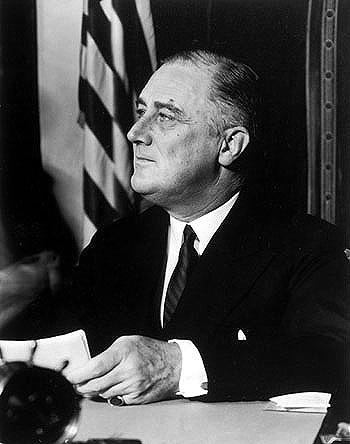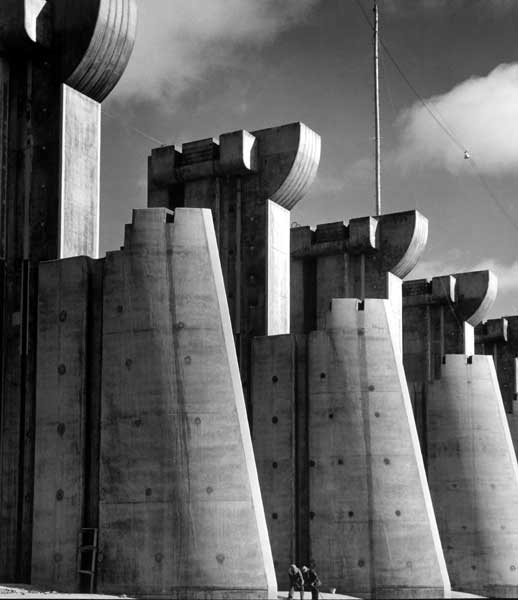
Margaret Bourke-White
2015-04-24 - 2015-06-28
Santa Fe--Monroe Gallery of Photography is pleased to announce the exhibition “MARGARET BOURKE-WHITE: Pioneering Photojournalist”. The exhibition opens with a public reception Friday, April 24, from 5 - 7 PM, and continues through June 28.
Margaret Bourke-White was a pioneering figure in 20th century documentary photography. As a founding mother of LIFE (she photographed the first cover), she became a world-famous symbol of globe-trotting photojournalism. And that she did it in a male world made her success even more spectacular. As an artist, Bourke-White continued to use photography as an instrument to examine social issues from a humanitarian perspective. She witnessed and documented some of the 20th century’s most notable moments, including the liberation of German concentration camps by General Patton in 1945, the release of Mahatma Gandhi from prison in 1946, and the effects of South African labor exploitation in the 1950s. Her career was cut short in 1966 due to Parkinson’s disease, and she died in 1971.
Margaret Bourke-White was born on June 14, 1904, in New York City, and graduated from Cornell University in 1927. Choosing photography as a profession, she immediately began her dramatic career by experimenting with industrial subjects. By 1929, Bourke-White’s reputation attracted the attention of the publisher Henry Luce, who engaged her as an associate editor for his FORTUNE magazine. Throughout the next several years, there was no location or type of photography too difficult or too mundane for Bourke-White. She covered assignments throughout the United States, and traveled around the world.
Bourke-White became the first woman accredited as a war correspondent in 1942, and became the first woman to accompany an Air Force bombing mission (1943). In 1944, Bourke-White covered World-War II from Italy, eventually joining Patton’s army as it traveled through Germany in 1945. Among Bourke-White’s most haunting and memorable work are the pictures taken at Buchenwald.
Margaret Bourke White was one of the most famous and most successful photographers of her time. Her combination of intelligence, talent, ambition, and flexibility made her an ideal contributor to the new journalism that developed during the thirties. She was a woman, doing a man's job, in a man's world, from the foundries of Cleveland to the battlefields in World War II. Bourke-White fought a heroic 20-year battle with Parkinson’s disease prior to her death in 1971.

